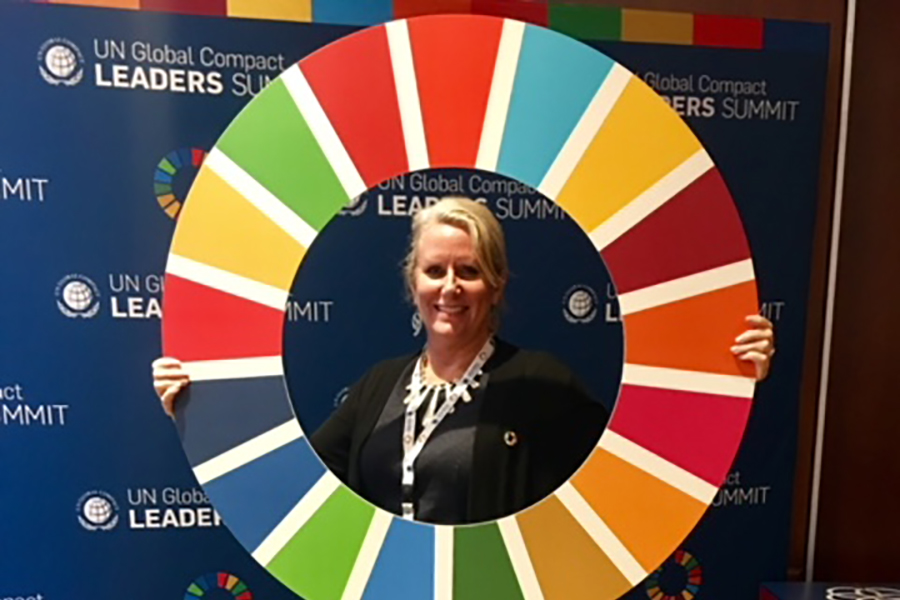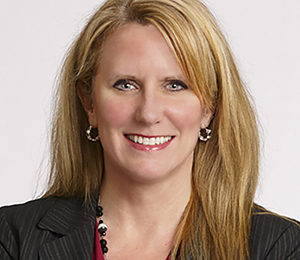At the United Nations Global Compact (UNGC) Leaders Summit in New York last month it was clear that business has taken center stage in tackling the social problems we see around us.
In the past, conversations like these would have focused on the role of civil society and government in meeting the SDGs. But in recent years, the dialogue has expanded to include the business community and the benefits to them. There’s a growing recognition that there are big incentives at stake – some $12 trillion to be made in the pursuit of sustainability, as estimated by the Business and Sustainable Development Commission.
With 700 people packing the room – many of them CEOs and CSOs – I could sense momentum in the drive to do well by doing good. The leaders who spoke echoed this sentiment as evidenced in the beliefs they expressed and approaches they are taking. Here’s what I heard:
- Alex Atzberger, President, SAP Ariba: Something has changed between 2007 and today. Sustainability is no longer a nice to have. It has actually become the business. We used to think about the triple bottom line, now it’s just the bottom line.
- Jean Bennington Sweeney, Chief Sustainability Officer, 3M: The SDGs are a great way to begin finding a new culture of innovation. 3M give their people 15% of their working time to dedicate to following new ideas.
- Lorna Davis, Chief Manifesto Catalyst, DanoneWave: Be clear where you are going. In discussing sustainability, it’s the people under 35 in our company that are driving us to ensure our activities are lined up with the SDGs. This in turn ensures we use the business as a force for good.
- Lise Kingo, CEO & Executive Director, United Nations Global Compact: We can only deliver on the SDGs if we find ways to mobilize, and collaborate on actions and ideas to make a movement that is so big it creates a snowball effect and keeps getting bigger and bigger.
- Abby Maxman, President and CEO, Oxfam: We all know when CEOs and executive boards decide to put creative energy behind the goals, it unleashes the drive to get there.
- Paul Polman, CEO of Unilever: If we invest in women we actually get a higher return. When are we going to start focusing on the next generation rather than the next quarter?
- Patrick Thomas, CEO, Covestro: If you’re not failing, you’re not trying hard enough. By 2025, we will dedicate 80% of our entire R&D budget to adopting the SDGs. From a culture perspective, the impetus is coming from younger generation – from millennials – and they are forcing us to think about things differently.
- Mark Wilson, Group CEO, Aviva: If our modeling is accurate, 2017 will be second worst year in our history in terms of natural disaster events. The economics are compelling, yet why does skepticism trump facts? The solution is a mix of economics, science, but also psychology. Maybe we need to turn the path to the SDGs into a competitive sport!
I certainly left feeling inspired that business leaders are increasingly recognizing real and achievable opportunities to address the SDGs. As many speakers at the event cautioned, organizations must not only talk-the-talk, but walk-the-walk. That includes identifying new ways to collaborate and trying innovative technology-driven approaches.




































